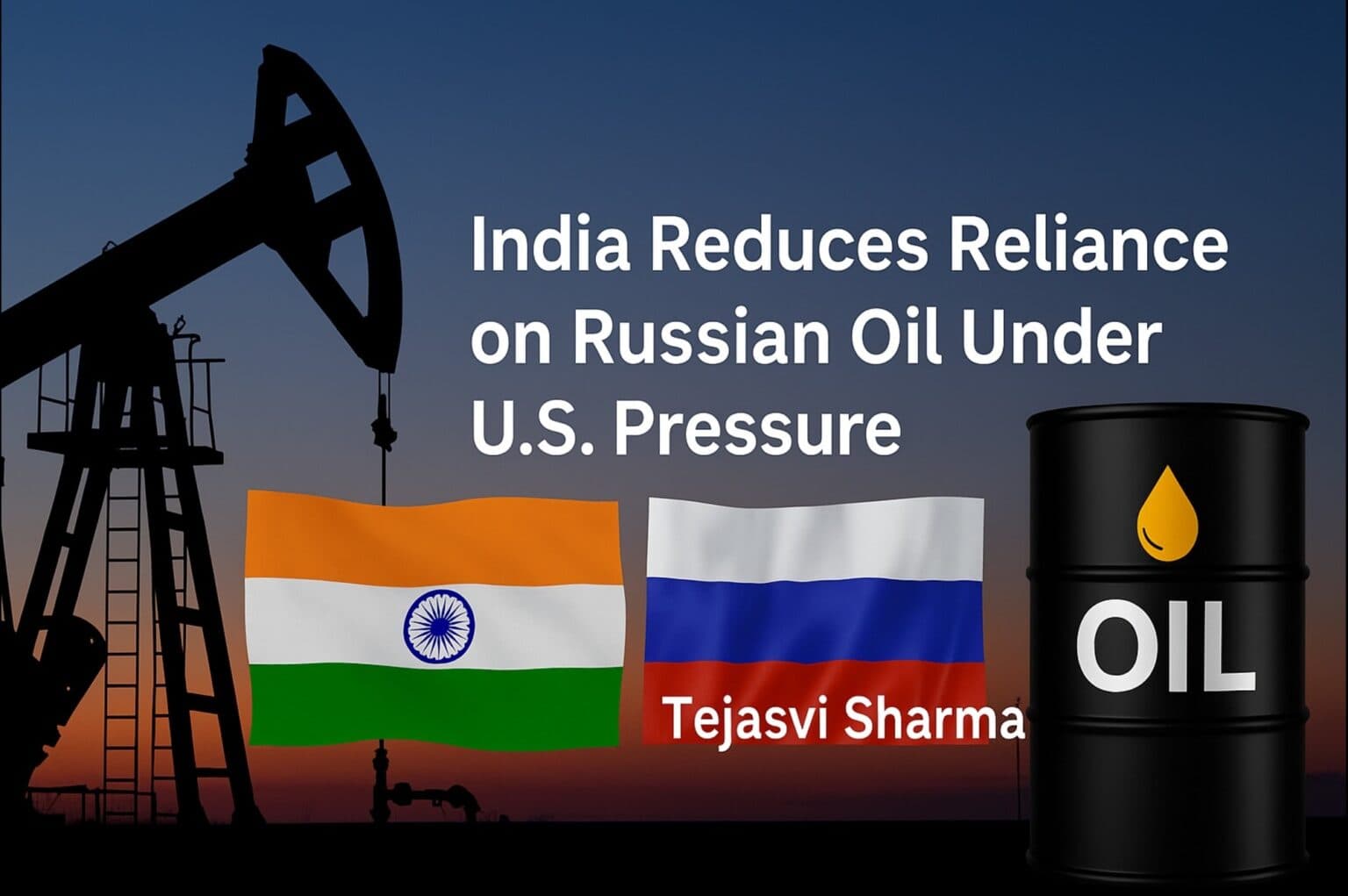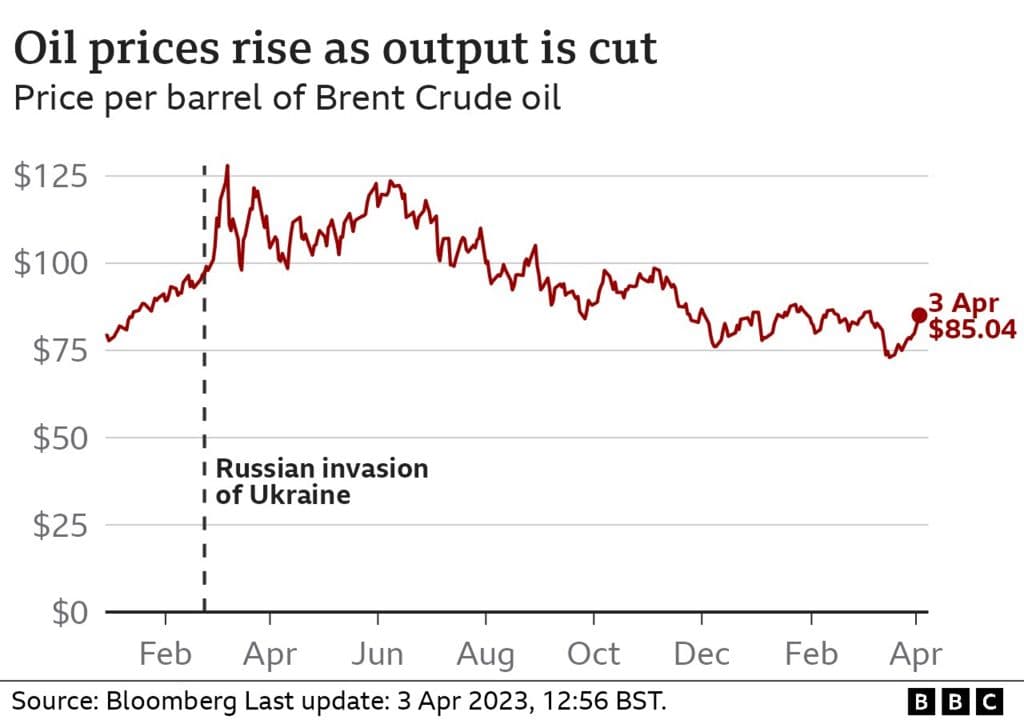Reliance Stops Russian Oil Imports For Export Refinery, Shifts Supply
Reliance Industries halted imports of Russian crude for its export focused refinery effective November 20, 2025, and said it will move to non Russian crude for exports by December 1. The decision, made under international pressure including from the United States, has immediate implications for global seaborne oil flows, refinery margins, and India’s diplomatic balancing between energy security and Western partners.

Reliance Industries, India’s largest private conglomerate, ceased imports of Russian crude for its export focused refinery operations effective November 20, 2025, the company confirmed to local media on November 21. The firm said it intends to transition exports from that refinery to non Russian crude by December 1, a rapid timetable that underscores the commercial and geopolitical calculus behind the move.
Company officials framed the change as a response to mounting international pressure, including from the United States, and as a measure to manage sanctions related risks and preserve access to Western markets. The step signals a shift in how major refiners are weighing reputational and market access costs against the immediate price advantages that purchasing discounted Russian barrels has offered since 2022.
Analysts warned that the move will ripple through global crude and product markets. Trade and logistics patterns that developed to accommodate heavy volumes of seaborne Russian crude to Asia now face reconfiguration. Some volumes that previously supplied export oriented refining capacity may be redirected to alternative buyers, while Reliance will need to secure alternative grades quickly to meet contractual commitments for refined product exports. The firm's announced December 1 deadline leaves little room for protracted blending or technical changes that refiners typically schedule over weeks or months.
Shifting feedstock mixes can affect refinery yields and margins. Replacing one crude slate with another requires adjustments in processing units and may temporarily lower output of higher value products until operations are fully optimized for new grades. Those transitional costs could compress refining margins for Reliance in the near term, even as the company seeks to maintain access to premium Western markets where compliance with sanctions and reputational considerations increasingly matter to buyers and insurers.
The decision also has implications for seaborne freight and charter markets. Trade flows will likely alter routing and timing of VLCC and Suezmax voyages, with potential increases in tonne mile demand on longer or alternative routes. Changes in shipping patterns can feed back into freight rates and the relative attractiveness of various crude sources once logistical costs are included.
For India, the episode highlights a persistent policy tension. New Delhi has pursued diversified energy sourcing to secure supplies and limit exposure to price swings. At the same time, India faces diplomatic pressure to align with Western sanctions regimes and to limit facilitation of trade perceived as circumventing international measures. Reliance’s pivot is evidence that private exporters and refiners are responding to those signals, balancing energy security imperatives against access to global markets and financial services.
In the medium term, the shift may accelerate a broader reorganization of post sanction era oil flows, with buyers, shipowners, and insurers adjusting to an environment where political considerations are increasingly priced into trade decisions. For now, markets will watch how quickly Reliance secures alternative crude supplies and whether other refiners follow suit, moves that will determine the near term impact on global oil prices and refining margins.

